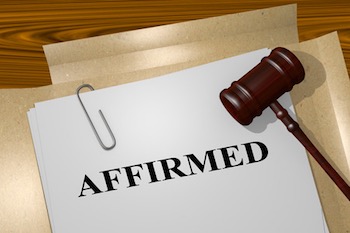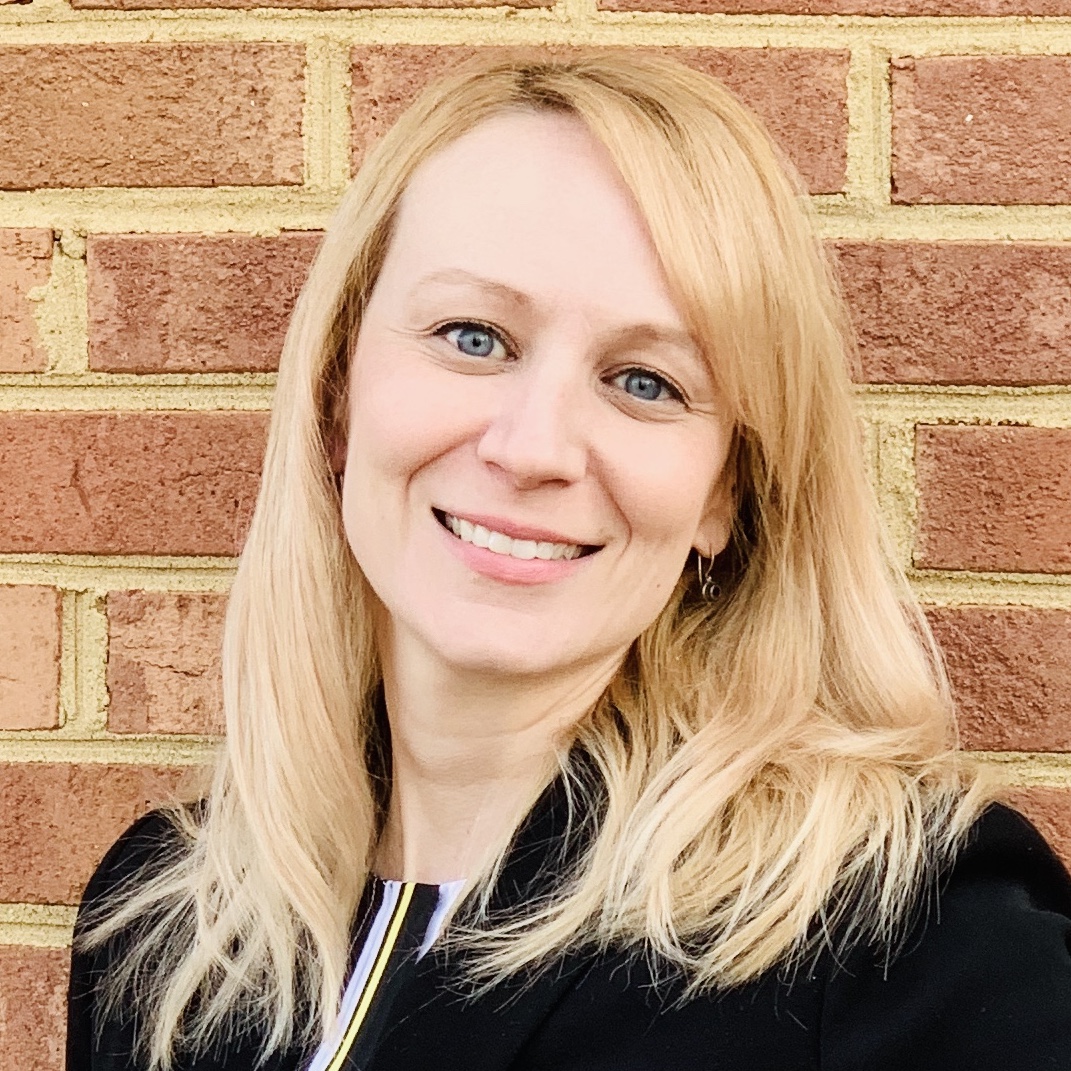“The CAFC noted that it would not make sense to determine standard-essentiality during claim construction, as determining essentiality is “more akin to an infringement analysis (comparing claim elements to an accused product) than to a claim construction analysis (focusing, to a large degree, on intrinsic evidence and saying what the claims mean).”
 On August 4, the United States Court of Appeals for the Federal Circuit (CAFC) affirmed a decision of the U.S. District Court for the District of Delaware in Godo Kaisha IP Bridge 1 v. TCL Commc’n Tech, wherein the district court held that TCL was liable for infringement by way of its sale of LTE standard-compliant devices. On appeal, the CAFC considered the question of whether a determination of standard-essentiality is properly a question of fact for the jury.
On August 4, the United States Court of Appeals for the Federal Circuit (CAFC) affirmed a decision of the U.S. District Court for the District of Delaware in Godo Kaisha IP Bridge 1 v. TCL Commc’n Tech, wherein the district court held that TCL was liable for infringement by way of its sale of LTE standard-compliant devices. On appeal, the CAFC considered the question of whether a determination of standard-essentiality is properly a question of fact for the jury.
District Court Proceedings
Godo Kaisha IP Bridge 1 (IP Bridge) filed suit against TCL Communication Technology Holdings Limited, TCT Mobile Limited, TCT Mobile Inc., and TCT Mobile, Inc. (collectively, TCL) in the district court for infringement of U.S. Patent Nos. 8,385,239 and 8,351,538, which were directed to methods for providing control signaling in a communication system and radio communication systems. IP Bridge asserted that the patents-in-suit were “essential to the LTE standard and that TCL’s accused devices are LTE-compatible.” In particular, IP Bridge relied on Fujitsu Ltd. v. Netgear Inc. to support its allegations and provided evidence to show: (1) the asserted claims were essential to mandatory sections of the LTE standard, and (2) the accused products complied with the LTE standard. Following a jury trial, the jury found TCL liable for infringement by way of its sale of LTE standard-compliant devices, including mobile phones and tablets, and awarded IP Bridge $950,000 in damages.
Subsequently, TCL filed a motion for judgment as a matter of law (JMOL), contending that “IP Bridge’s theory of infringement was flawed because the Fujitsu ‘narrow exception’ to proving infringement in the standard way—i.e., by showing that each element in the asserted claim is present in the accused devices—should not apply in this case” because Fujitsu only approved the narrow exception in circumstances where the patent owner asks the district court to assess essentiality in the context of construing the claims of the asserted patents. The district court denied TCL’s JMOL and concluded that the jury’s verdict was supported by substantial evidence. The district court reasoned that the accused products infringed the asserted claims because IP Bridge sufficiently demonstrated that LTE standard-compliant devices do not operate on the LTE network without infringing the asserted claims.
Is Standard-Essentiality a Question of Law or Fact?
The CAFC initially said that it agreed with the district court’s ruling and reasoning, but wrote to address a question not before addressed by the CAFC case law: “who determines the standard-essentiality of the patent claims at issue—the court, as part of claim construction, or the jury, as part of its infringement analysis?”
The CAFC addressed TCL’s argument on appeal that Fujitsu provided for a narrow exception to the requirements of proving literal infringement by stating that “[i]f a district court construes the claims and finds that the reach of the claims includes any device that practices a standard, then this can be sufficient for a finding of infringement.” According to TCL, “the court must first make a threshold determination as part of claim construction that all implementations of a standard infringe the claims.” Thus, TCL argued that the question improperly went to the jury rather than being determined by the district court. The CAFC disagreed, explaining that standard-essentiality is a question for the factfinder.
The CAFC explained that a proper interpretation of Fujitsu teaches “where, but only where, a patent covers mandatory aspects of a standard, is it enough to prove infringement by showing standard compliance.” The CAFC further explained that the court in Fujitsu recognized that the fact that a patent claims an industry standard does not always establish that all standard-compliant devices implement the standard in the same way and a patent’s claims may not cover all implementations of an industry standard; thus, in such cases, “infringement must be proven by comparing the claims to the accused products, or by proving that the accused devices ‘implement any relevant optional sections of the standard.’”
Noting that TCL’s appeal centered around its misinterpretation of a single statement from Fujitsu (“If a district court construes the claims and finds that the reach of the claims includes any device that practices a standard, then this can be sufficient for a finding of infringement”), the CAFC clarified that in Fujitsu the court assumed there was no genuine dispute of fact when it stated “if a district court finds that the claims cover any device that practices a standard, then comparing the claims to that standard is the same as the traditional infringement analysis of comparing the claims to the accused product.” The CAFC further clarified that the reference to claim construction in the statement misconstrued by TCL is simply an acknowledgment that the first step in any infringement analysis is claim construction.
Further clarifying Fujitsu, the CAFC explained that Dynacore Holdings Corp. v. U.S. Philips Corp., which the court referenced in Fujitsu, also held that standard-essentiality is a question of fact that may be amenable to resolution on summary judgment in certain cases. The CAFC also noted that it would not make sense to determine standard-essentiality during claim construction, as determining essentiality is “more akin to an infringement analysis (comparing claim elements to an accused product) than to a claim construction analysis (focusing, to a large degree, on intrinsic evidence and saying what the claims mean).”
The Court concluded by rejecting TCL’s reading of Fujitsu, stating: “Where, as here, there are material disputes of fact regarding whether asserted claims are in fact essential to all implementations of an industry standard, the question of essentiality must be resolved by the trier of fact in the context of an infringement trial.” Thus, the CAFC affirmed the district court’s ruling.

![[IPWatchdog Logo]](https://ipwatchdog.com/wp-content/themes/IPWatchdog%20-%202023/assets/images/temp/logo-small@2x.png)

![[[Advertisement]]](https://ipwatchdog.com/wp-content/uploads/2024/04/Patent-Litigation-2024-banner-938x313-1.jpeg)
![[Advertisement]](https://ipwatchdog.com/wp-content/uploads/2024/04/UnitedLex-May-2-2024-sidebar-700x500-1.jpg)
![[Advertisement]](https://ipwatchdog.com/wp-content/uploads/2024/04/Artificial-Intelligence-2024-REPLAY-sidebar-700x500-corrected.jpg)
![[Advertisement]](https://ipwatchdog.com/wp-content/uploads/2024/04/Patent-Litigation-Masters-2024-sidebar-700x500-1.jpg)

![[Advertisement]](https://ipwatchdog.com/wp-content/uploads/2021/12/WEBINAR-336-x-280-px.png)
![[Advertisement]](https://ipwatchdog.com/wp-content/uploads/2021/12/2021-Patent-Practice-on-Demand-recorded-Feb-2021-336-x-280.jpg)
![[Advertisement]](https://ipwatchdog.com/wp-content/uploads/2021/12/Ad-4-The-Invent-Patent-System™.png)






Join the Discussion
2 comments so far.
B
August 9, 2020 02:08 pmHow was this issue ever NOT a question of fact?
Paul F Morgan
August 9, 2020 10:41 amWith this Fed. Cir. decision on appeal from Goda Kaisha v. TCL Commc’n Tech requiring an entire jury trial delay to determine if a patent is essential for a standard, it seems essential for standards-setting organizations to require mandatory patent attorney arbitration of that issue for participants in the standards-setting?